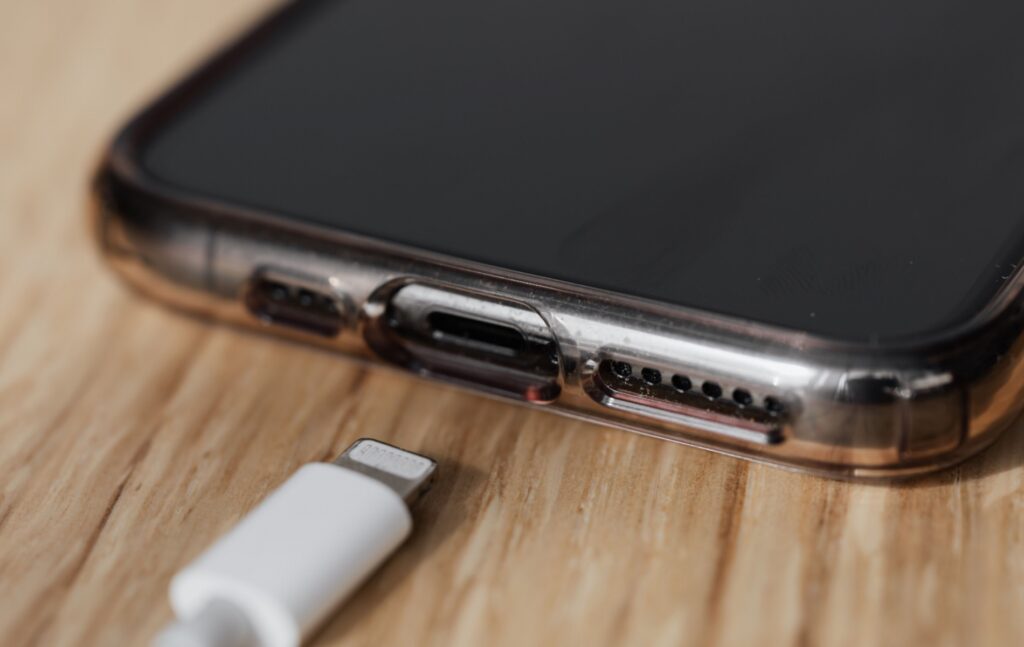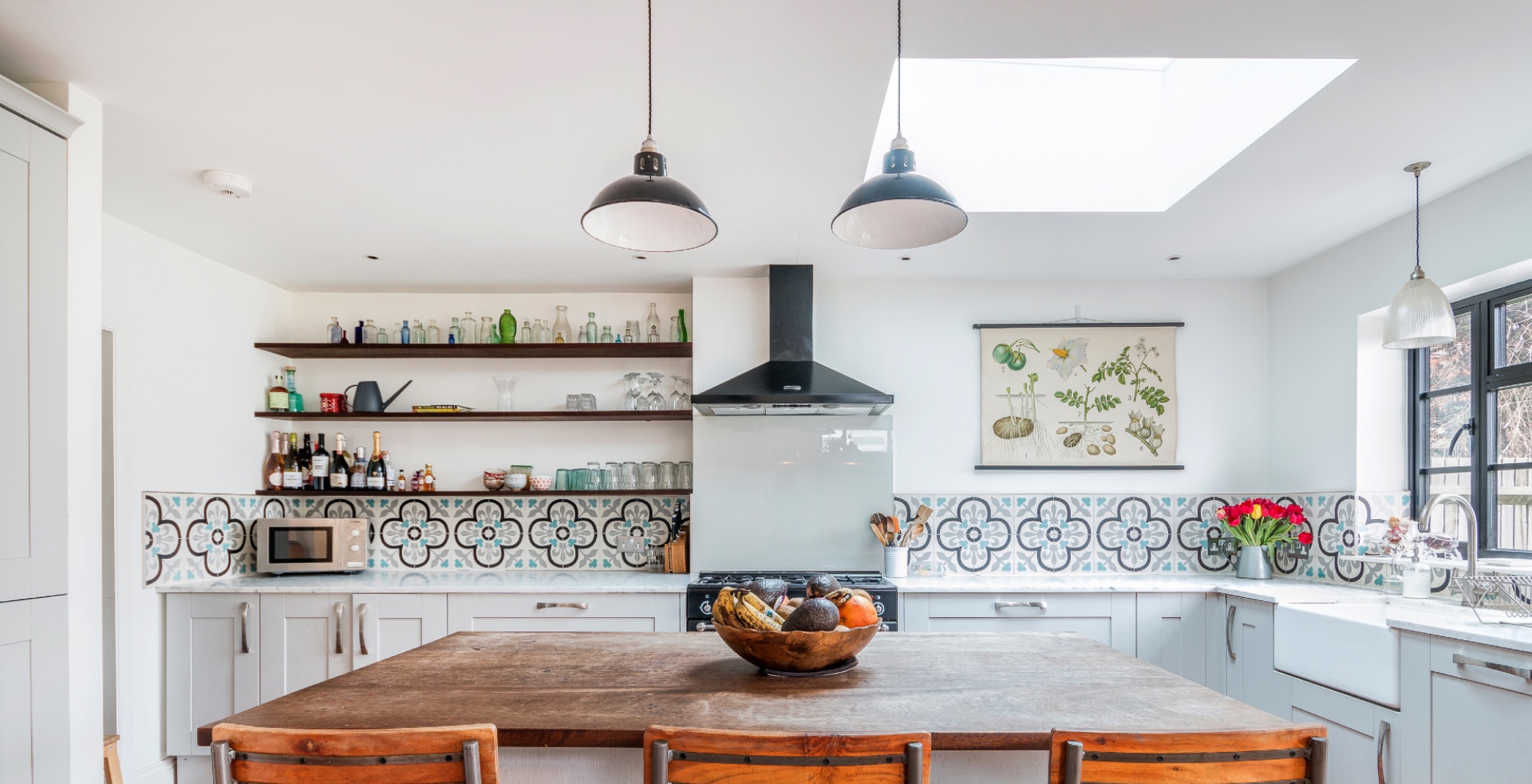We’re all increasingly conscious of our energy use, whether it’s our choice of mode of transport, or perhaps the food we consume. As we take steps to becoming more efficient it can be useful to consider energy saving tips at home.
Our homes are reported to account for around 40% of the United Kingdom’s overall emissions – a sizeable proportion – so it’s definitely somewhere households can seek to make changes to reduce energy use and outgoings too.
Whether you’re looking to reduce your carbon footprint or seeking ways to get more out of the electricity and gas you pay for, our energy saving tips can help.
Why is it important to be energy efficient?
Phrases such as carbon neutral, net zero and green goals are often used by businesses and politicians, often without context or any real breakdown as to what this means on the ground. What is for certain is that those using these terms are working towards, reducing emissions, becoming more environmentally friendly, taking steps towards sustainability, and protecting the planet.
For our wellbeing and the wellbeing of future generations, it is important to be energy efficient and make decisions for the better.
5 Top tips for saving energy at home
We’ve considered the various reports and news articles on the subject and rounded up our our 5 top tips for saving energy at home.
1. Stop using Stand-by mode
Unless fully switched off at the wall, appliances that are plugged in, such as the TV, will continue to use energy.
For those of us who can’t easily get to the plug behind the TV multiple times a day to switch it off and on at the socket there is a solution – smart plugs.
2. Switch to LED bulbs
Traditional light bulbs are not energy efficient and using these inefficient sources of light in your home will be effecting overall energy use and outgoings.
Newer LED light bulbs use less energy and last longer, meaning waste is also reduced.
It’s a simple fix but one that can be overlooked. Here’s your reminder to change your bulbs (if you haven’t already had one).
3. Change how you cook meals
Cooking a meal is one of the single most energy using activities most households do daily.
Air fryers and microwaves all cook food quicker than a traditional hob and oven, and use less energy. While slow-cookers, cook food longer, they use less energy. Where possible, by using these alternative appliances you’ll reduce your energy use.
Recent research from Hometree analysing how to save money when cooking highlighted that where a traditional oven cost on average around £1 per hour to run, a slow cooker costs around 5p per hour and an air fryer around 30p per hour. The key point here being the cost multiplied by the length of time in use – an air fryer being one of the fastest cooking options.
Microwaves are also a more efficient option, with Hometree reporting that they use less than 2p of energy every 5 minutes. Uswitch, an energy comparison company, commented that “Microwaves are cheaper to use because they only heat the food inside them, unlike ovens that also heat the air around the food – plus, food takes much less time to cook.”
4. Adapt how you use appliances
It might seem glaringly obvious but switching to eco mode when using your washing machine, dishwasher and tumble dryer will reduce your energy use. And of course, when you are using these appliances its best to do a full load.
The eco-setting cycles do take a little longer to complete and waiting to do a full load of washing rather than a half load will save your energy. The reason behind this is that a significant amount of energy is used to heat the water, not to turn the drum, therefore if your wash cycle is longer, less water is needed to be heated up than having shorter washing programmes.
Additionally, by using eco mode, you are heating the water to a lower temperature, which again will use less energy.

5. Make the most out of your heating system
There are several ways to make your heating system as efficient as possible. Firstly, regular services can help to ensure everything is clean and in full working order. Bleeding radiators and ensuring boiler pressure is correct are other ways to keep everything in good working order. Another top tip is to insulate pipes so that no heat is lost as it travels around your home.
Changing habits can make a big difference
Several seemingly inconsequential things can have a large cumulative impact on the amount of energy you use and your outgoings – changing habits can make a difference.
Only put what you need in the kettle
Making small changes such as not filling the kettle to the top, but instead only putting in enough water for use, will save energy.
Close the curtains at night
Sunlight is an ideal natural way to light and, in some cases, heat a home throughout the daytime, but as soon as the sun goes in its best to close the curtains to retain the heat.
Unplug after charging
Unplugging chargers as soon as your phone, iPad or laptop is fully charged is an excellent habit to get into. It was previously reported that not only can unplugging as soon as the battery is charged help prolong battery life, it can also significantly reduce your energy bill.

Home improvements to boost efficiency
There are several home improvements that can be made to boost the efficiency of a home.
Heat loss from homes is not only pushing energy use higher but is also not good for the environment. From installing insulation to draught proofing, there are a number of ways which homeowners can improve their property’s heat loss and potentially save money on their energy bills.
Our previous article highlighted how to improve an EPC rating, which might also be an interesting read for those looking at making their home for energy efficient.
Property in West London
Property in West London are predominantly older, period homes bursting with character but not always set up to be energy efficient. We hope that these energy saving tips at home are of use to those seeking to make changes.
As always, if you’d like to discuss any property related matters regarding selling, letting, buying or renting property in West London, please do get in touch.





